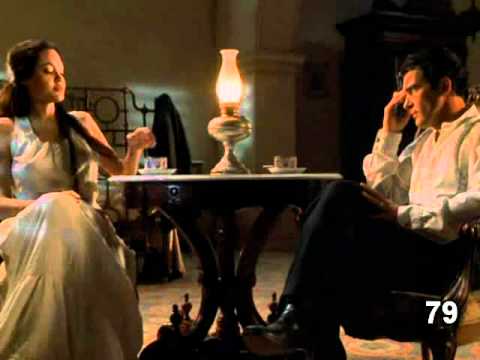From the Chicago Reader (March 20, 1992). — J.R.
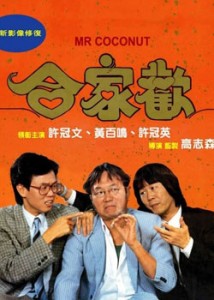
MR. COCONUT
** (Worth seeing)
Directed by Clifton Ko
Written by Ko, Michael Hui, and Raymond Wong
With Hui, Wong, Olivia Cheng, Ricky Hui, Maria Cordero, and Joi Wong.
KING OF CHESS
*** (A must-see)
Directed by Yim Ho and Tsui Hark
Written by Yim and Tony Leung
With Leung, John Sham, Yong Lin, Yia Ho, King Shin Chien, and Chan Koon Cheung.
![Mr. Coconut[DVDRip] 450c5e100a576972b5dc85c0a24988d7 Mr. Coconut[DVDRip]](http://img.emuleday.com/data/img/45/450c5e100a576972b5dc85c0a24988d7.jpg)

Past, present or future . . . China will always belong to the Chinese people. — opening title in King of Chess
In this country there is probably no important national cinema more neglected than the Chinese — actually a transnational entity, as I’m defining it here, including movies from mainland China, Hong Kong, and Taiwan. And probably no programmer in this country is more dedicated to making Chinese cinema known than Barbara Scharres, director of the Film Center.
I have to admit to a certain resistance to Chinese cinema in the past, and to Hong Kong movies in particular. It’s a bias shared by many of my colleagues, for reasons that are in part self-serving: if we were to suddenly acknowledge the importance of Hong Kong movies, we’d be forced to acknowledge many years of negligence on our part, and obliged to admit an embarrassing lack of knowledge and sophistication on the subject. Read more
From the Chicago Reader in 2001. Reseeing, as if for the first time, in 2022, in its “original uncut version” on HBO, I like it even more, including its crazy ending, as a sort of Sternbergian fantasy overlay to Woolrich. — J.R.
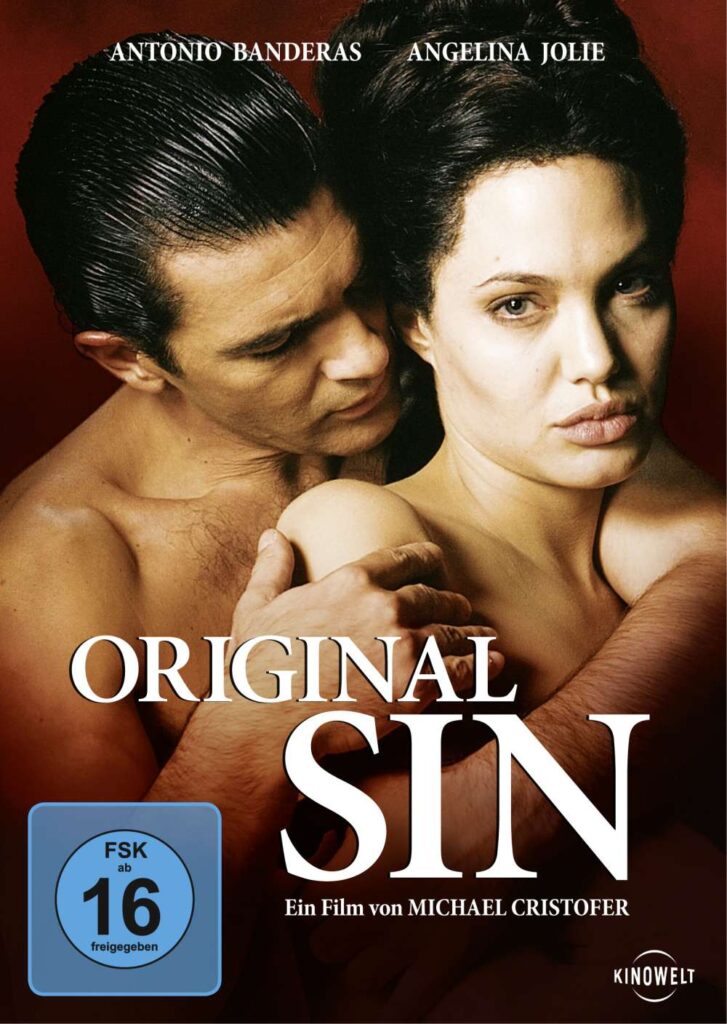
A remake of Francois Truffaut’s Mississippi Mermaid — derived, like its predecessor, from Cornell Woolrich’s most perverse (and in some ways most interesting) novel, Waltz Into Darkness. Antonio Banderas plays a Cuban businessman who marries a mail-order bride (Angelina Jolie), then uncovers foul play even as he experiences infatuation at its most irrational and masochistic. This version is more sensual and atmospheric than Truffaut’s, and in many ways it’s a better film than its studio seems to think (judging from its nervousness about any reviews appearing before the film opened). It certainly retained my interest and sympathy — at least until the nonsensical ending, which looks as if it might have been imposed according to the voodoo science of test marketing. Written and directed by Michael Cristofer. 116 min. (JR)
Read more
From the Chicago Reader (July 23, 1993). — J.R.
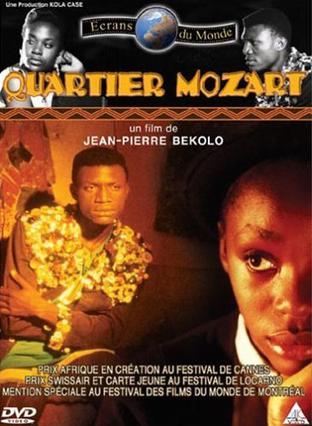
MOZART QUARTER
*** (A must-see)
Directed and written by Jean-Pierre Bekolo
With Serge Amougou, Sandrine Ola’a, Jimmy Biyong, Essindi Mindja, Atebass, and Timoleon Boyongueno.
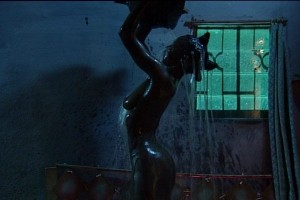
I cannot tell a lie. I couldn’t follow all the plot details of Mozart Quarter — Jean-Pierre Bekolo’s delightful comic fantasy about contemporary sex relations in a working-class neighborhood in Yaounde, Cameroon — even after I saw it a third time. Some of my confusion was probably due to the subtitler’s effort to render part of the French African dialogue in American inner-city slang — an understandable goal, but one that sometimes sacrifices lucidity for superficial familiarity and occasionally produces outright gibberish. Another problem is that certain Western cultural artifacts have meanings specific to the oral story-telling culture out of which Mozart Quarter arises.
Yet this wasn’t an obstacle to my enjoyment of the film, which is playing five times this week at the Film Center; on the contrary, it operated more as an incentive. If the common liberal error in understanding non-Western societies is to assume they’re exactly like us and the common conservative error is to assume they’re nothing like us, any movie that confounds both sides is bound to have a few things to teach us. Read more
My 27th column for Caiman Cuadernos de Cine, formerly known as Cahiers du Cinéma España, which appeared, I believe, in their July-August 2012 issue. — J.R.

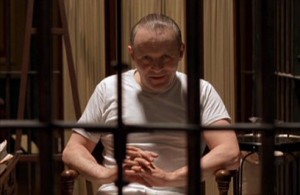

I have a habit as a critic that I suspect irritates some of my readers. When I find that my opinion about a new film differs substantially from that of the mainstream, I sometimes theorize that the reasons for this must be ideological. In this manner, I speculated that the immoderate fascination of other Americans with the mad serial killers of The Silence of the Lambs (1991) and No Country for Old Men (2007), which somehow seemed motivated by a twisted identification with them -– and especially with the capacity and eagerness of these psychotics to kill innocent people without any compunctions — were related to the fact that these films came out during the first and second Gulf wars, when Americans were killing innocent people with no compunctions at all, and sometimes even exhibiting comparable displays of glee about this mindless activity.
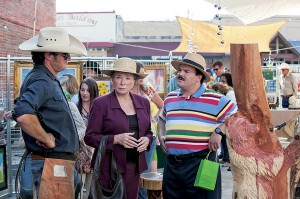
More recently, I’ve been puzzling over the fact that Richard Linklater’s latest feature, Bernie, a masterpiece that has been clearly delighting many of the audiences that come to see it, was only released after many delays, wasn’t sent to Cannes, and has been doing poorly at the box office — a fate similar to that of Linklater’s previous feature, Me and Orson Welles (2011), another treasured project which took him many years to finance, and one also dominated by a remarkable central performance (Christian McKay as Orson Welles, Jack Black as Bernie Tiede). Read more
![Mr. Coconut[DVDRip] 450c5e100a576972b5dc85c0a24988d7 Mr. Coconut[DVDRip]](http://img.emuleday.com/data/img/45/450c5e100a576972b5dc85c0a24988d7.jpg)




